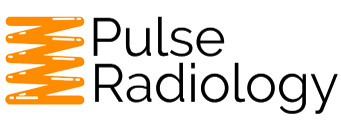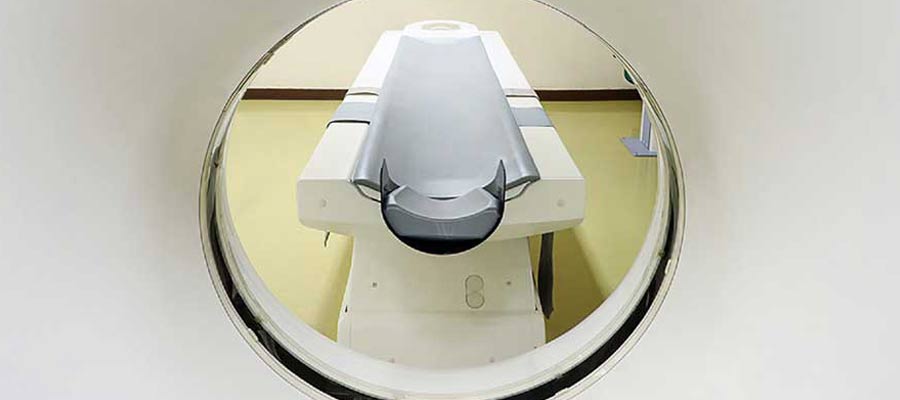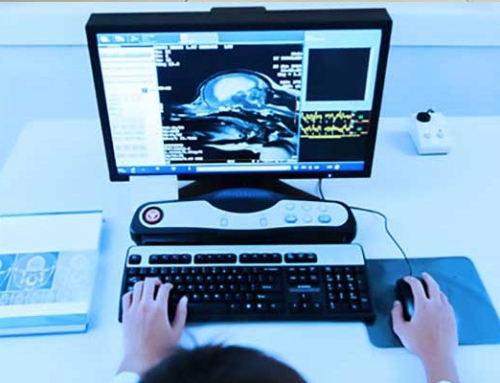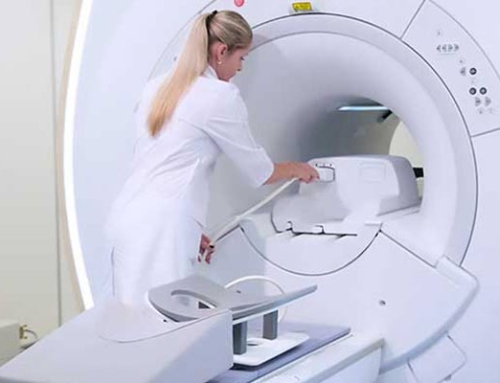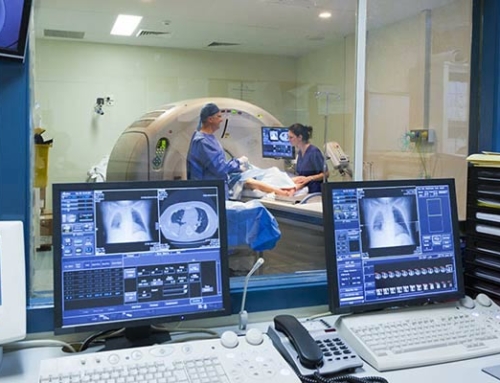As a radiology technician, you have different choices for continuing education. While you may opt for ultrasound or mammography courses, it is highly recommended that you consider taking an MRI course instead. Being a certified MRI radiologist means you’ll have better career opportunities and a much higher paycheck.
To get continuing education in magnetic resonance imaging, the most important requirement is for you to hold a bachelor’s degree in radiologic technology. Then, you sign up for an MRI course, which can be provided online or in the traditional classroom setup. Of these two options, the former is the preferred choice by many. Professionals who are still holding their current jobs find it convenient to take an MRI course online during their free hours. That way, they get the necessary education credits without jeopardizing their current career.
Many kinds of MRI courses are offered by different training schools all over the US. When choosing a school or training center, be sure to pick one that offers the most complete curriculum and the necessary clinical training. Clinical training is important because it is one of the requirements of the American Registry of Radiologic Technologists for certification. You won’t be able to take the MRI certification exam without showing proof of hands-on training.
Choose an MRI Course with Clinical Training
Unfortunately, not all schools that offer MRI courses include clinical training in their curriculum. Some claim that many employers would rather have their technologists practice in their own facility. However, if you’re making an entirely different shift in your career independent of your current job, then you will need that clinical training.
There are online MRI schools that also offer clinical training, which makes them your best choice. While you can take all the modules and mock tests online, the clinical training will be conducted in an actual healthcare facility near you. You get to choose which from their partner facilities you’d like to perform the clinical training. You’ll also be assigned a personal coordinator to supervise your training and ensure you’re learning all the necessary skills and performing the right processes.
As a certified MRI technician, you’ll be able to work in different setups, such as hospitals, imaging centers, and urgent care facilities. You’ll also receive an annual salary higher than $70,000, depending on which state you’ll practice in. Some training centers even provide job placement and resume drop-off services.
The ARRT offers voluntary certification in magnetic resonance imaging which also serves as the basis for most state-based licensing. They also mandate that all professionals listed with them must complete at least 24 hours of continuing education biannually to maintain their certification.
To know if you qualify for an MRI course, contact an ARRT-accredited training center for structured education, like Pulse Radiology. They should be able to pre-qualify you, so you’ll know what you need to do to apply for the MRI course and, eventually, the certification examination.
Additional Information Related to MRI Training

